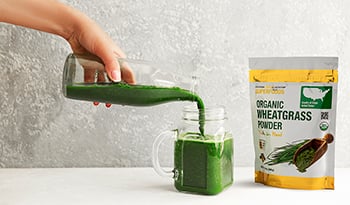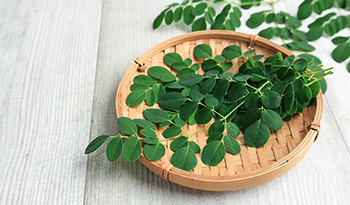Odakle dolazi košer sol i zašto se zove košer

Je li košer sol čak košer?
Što je košer sol?
Košer sol odnosi se na grubu krupnozrnu, rafiniranu kulinarsku sol (natrijev klorid). Ime potječe od njegove uporabe u košeringu mesa prema židovskim običajima. Ovaj proces košeringa zahtijeva da se meso natopi u vodi, a zatim protrlja i prekrije grubom, krupnozrnom soli na sat vremena kako bi se izvukla krv, što je zabranjeno konzumirati židovskim vjerskim običajima.
Veća zrna košer soli ne otapaju se u potpunosti u vodi kao što bi to učinila sitnozrnata sol. Dakle, košer sol učinkovitije izvlači vlagu i krv iz mesa. Sol se ostavlja na mesu oko sat vremena da upije što više krvi iz mesa prije nego što se ispere.
Košer sol je vrsta soli više nego što je službena košer hrana. To je, u osnovi, samo gruba, krupnozrnata sol. No, budući da je postao toliko popularan među židovskim zajednicama zbog svog košer procesa, na kraju je stekao nadimak "košer sol". Ostalo je povijest.
Da bi košer sol službeno postala košer prema židovskim vjerskim zakonima, na ambalaži mora imati košer certifikat pouzdanog izvora, kao što su OU, OK, KOF-K, Star-K ili CRC. Ova sol će se često kategorizirati kao košer pareve, što znači da se ne proizvodi ni od mesa ni od mliječnih proizvoda.
Kako se koristi košer sol?
Košer sol se ne koristi samo za košer meso ili židovska zajednica. Mnogi kuhari koriste ovu grubu sol za začinjavanje raznih namirnica, od povrća preko tjestenine do krumpira. Prilikom kuhanja lako je zgrabiti prstohvat košer soli i ne otapa se tako brzo kao druge soli. Može se koristiti i u marinadama, salamurama ili začinima, ili čak za kiseljenje hrane.
ODRICANJE OD ODGOVORNOSTI: Ovaj Wellness kutak nije namijenjen za pružanje dijagnoza...

















































































 Sadržaj
Sadržaj















